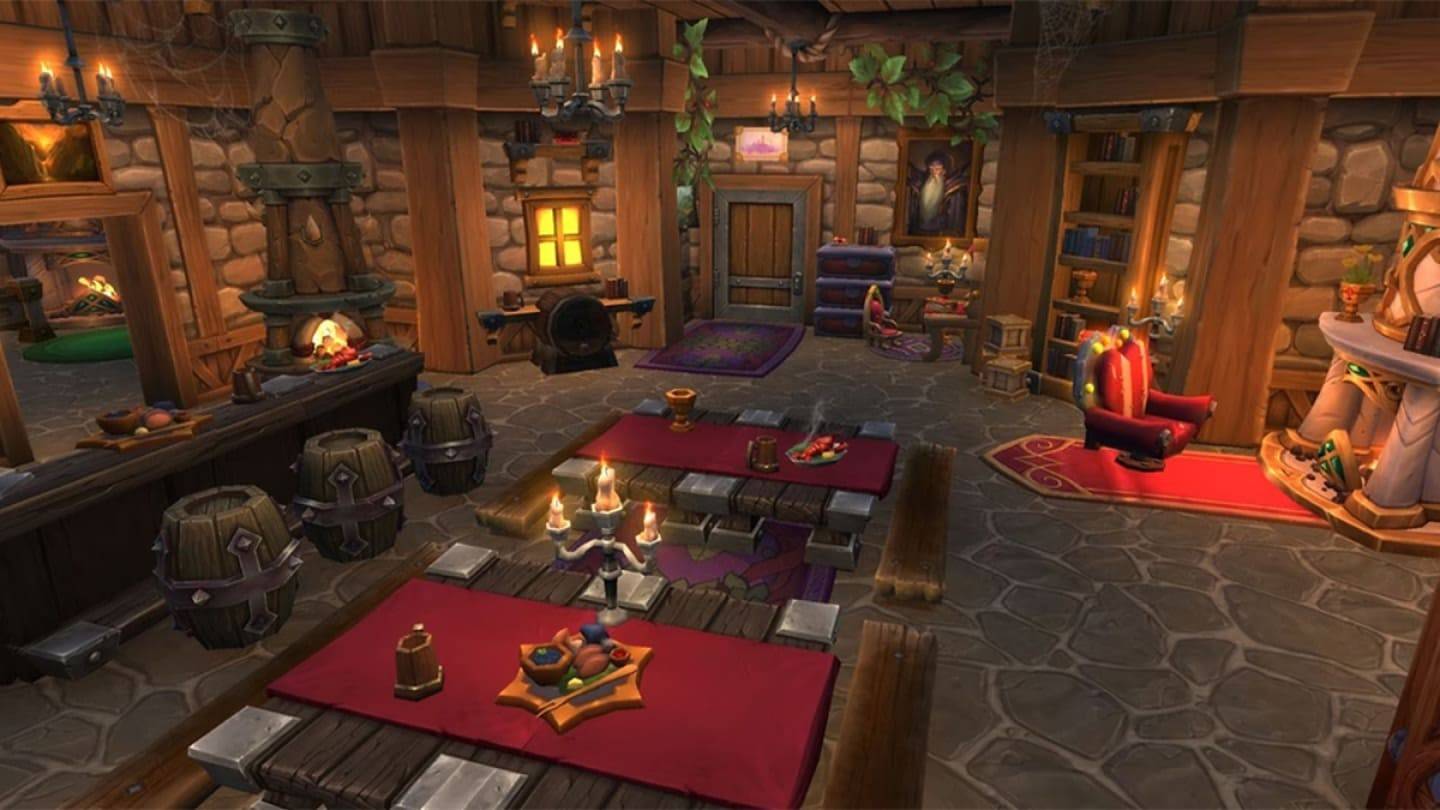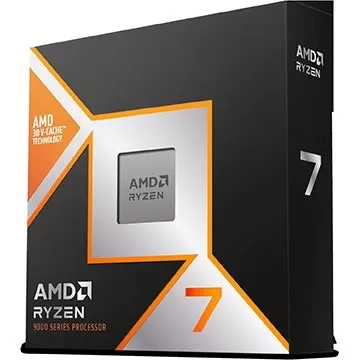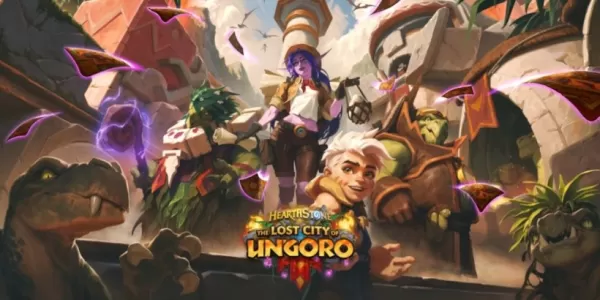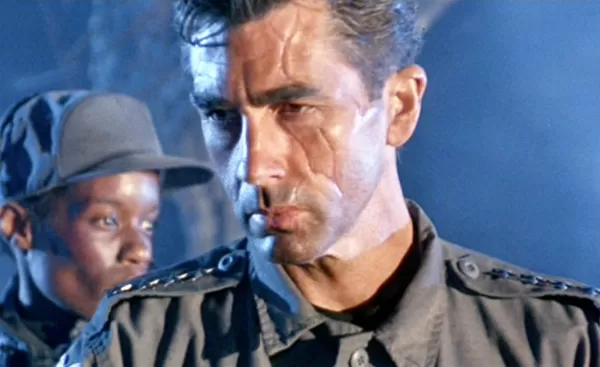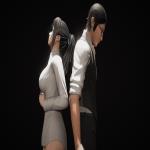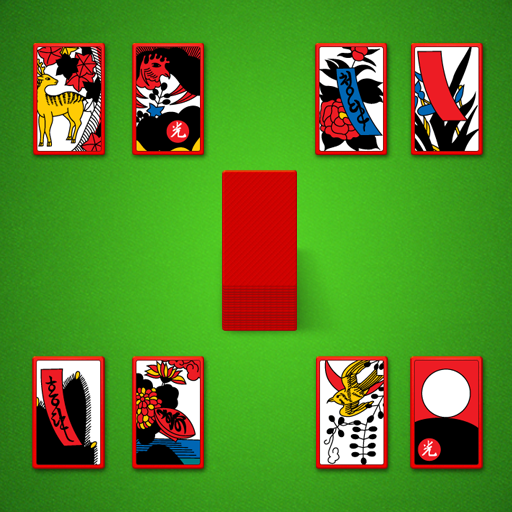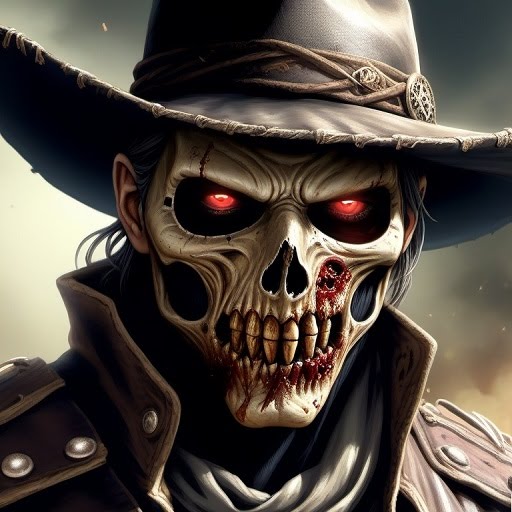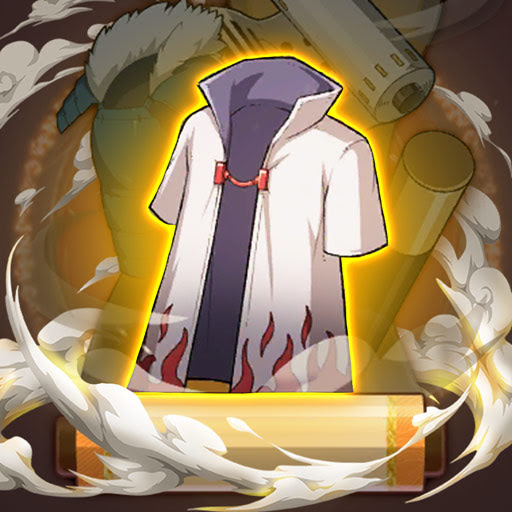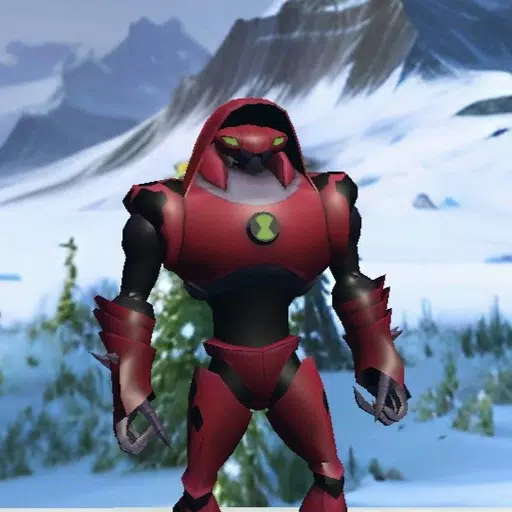As BioShock Infinite's protagonist Booker DeWitt arrives in the floating city of Columbia, local authorities rally to piece together descriptions of the long-feared "False Prophet." The challenge? Years of stoking xenophobic paranoia have left eyewitnesses too clouded by prejudice to provide coherent accounts.
Police broadcasts describe Booker alternately as a mixed-race dwarf or a one-eyed Frenchman standing under five feet tall. When DeWitt encounters a sketch artist compiling a suspect portrait, the overheard exchange borders on satire:
"Make him taller... thinner. Wider-set eyes. No, squintier. The hair was... reddish and curly? Definitely Irish-looking. And mark him down as an anarchist - you can always spot their type."
This brilliant touch from Irrational Games subtly exposes how societies unravel through their own rigid ideologies. The memory resurfaced during Xbox's recent showcase spotlighting Clockwork Revolution's steampunk RPG world.
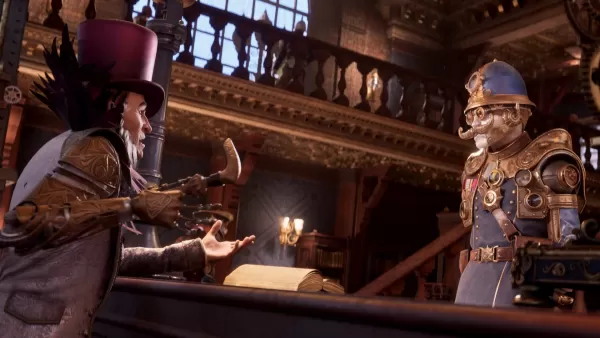
While drawing inevitable BioShock Infinite comparisons with its temporal mechanics and industrial-era setting, InXile's game explores societal tensions through a different lens. Here, players manipulate time itself - reconstructing crumbled walls for cover mid-firefight - against a backdrop of severe class division.
The familiar suspect description trope reappears when an aristocrat fumes at police headquarters: "Tall... slender build. No, muscular! Lightning reflexes! And that mustache - make it grander!" But the purpose shifts completely. Rather than mocking prejudice, this moment highlights Clockwork Revolution's flexible character creation.
This isn't merely a shooter but a full-fledged western RPG bearing InXile's signature DNA - from choosing backgrounds like streetwise Gearsmiths to scholarly Bookwardens, to attributes affecting chemical resistance or conversational finesse. Your era-hopping decisions permanently reshape the city's future, rewarding players invested in reactive storytelling.
The exaggerated tone actually strengthens RPG systems by legitimizing unconventional choices beyond genre clichés.
Despite surface similarities, Clockwork Revolution shares more DNA with The Outer Worlds 2 than Ken Levine's work. Both embrace reactive narratives where player backgrounds dramatically influence outcomes - whether as criminals turned sky marshals or frauds leveraging accidental notoriety.
They also share a vibrant aesthetic reminiscent of stage productions - think elaborate costumes and saturated colors evoking Jon M. Chu's visual flair. This theatricality creates space for gloriously ridiculous moments, like dodging screaming mechanical dolls while rifling through shops.
The Outer Worlds 2's Flaws system exemplifies this approach perfectly:
- "Bad Knees" grants mobility at the cost of audible joint cracks alerting enemies
- "Kleptomania" risks automatic thefts during shopping trips
- Selecting the "Dumb" trait unlocks brilliantly stupid solutions (like fixing computers with processed meats)
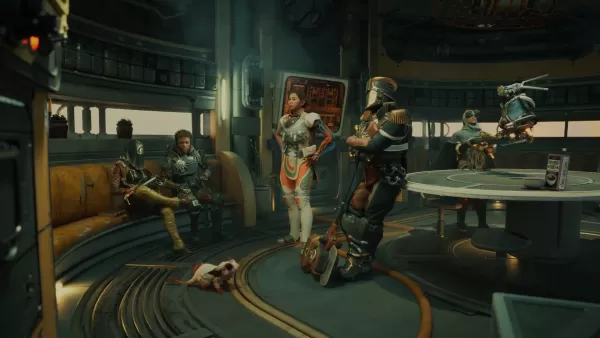
Clockwork Revolution mirrors this spirit when demoing dialogue options leading to poor Errol's candlestick-aided demise. "Brains!" his killer muses. "Wouldn't have believed it otherwise." These delightfully unexpected moments remain rare in RPGs overloaded with formulaic choices.
Importantly, such tonal extremes remain optional - nobody forces players to wield The Outer Worlds 2's rhythm-based Spectrum Dance sabre. This modular approach lets players calibrate their preferred experience.
For my part, I can't wait to craft Clockwork Revolution's most dubious cockney rogue - especially when investing charisma points raises a constable's suspicions: "Why so charming? Ex-lover situation perhaps?" This deliberate absurdity keeps the RPG genre delightfully unpredictable.

